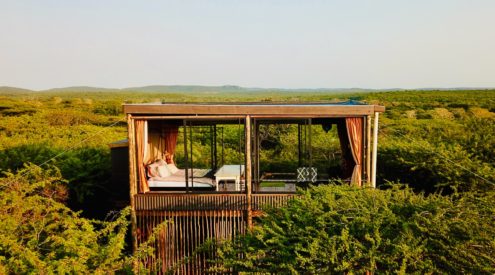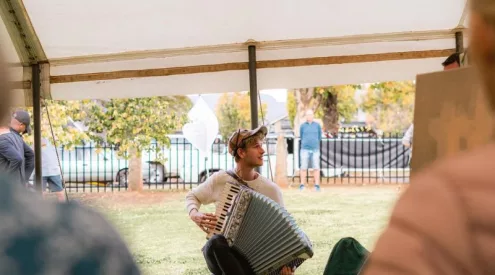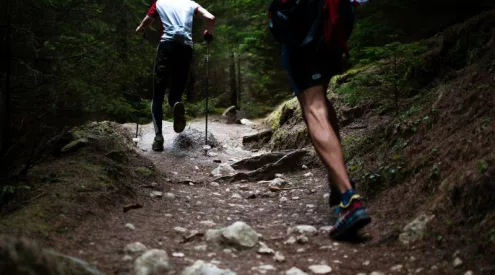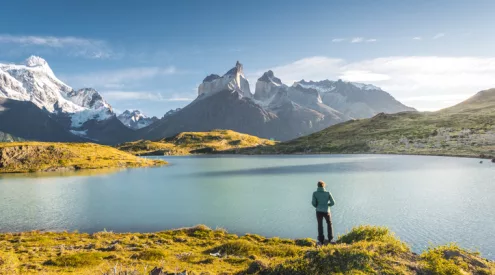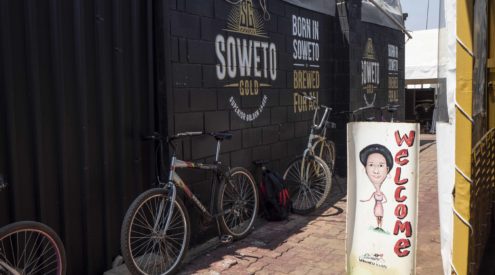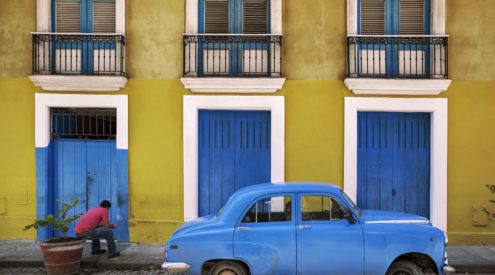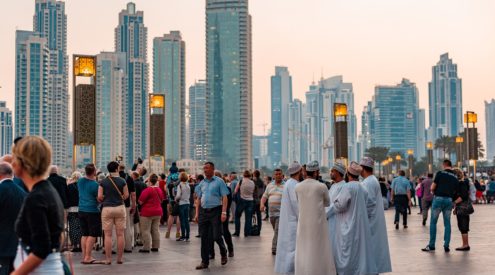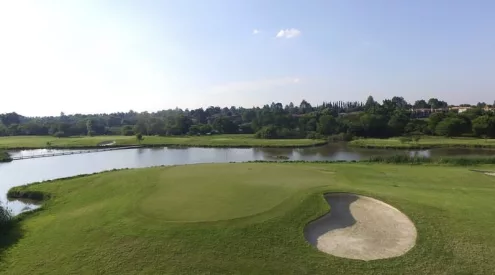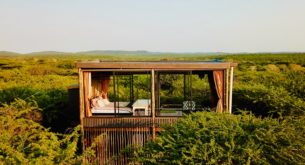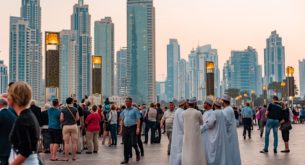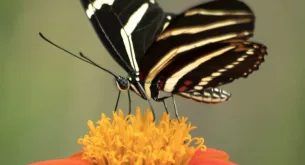The founding goal of the African Leadership University’s School of Wildlife Conservation (SoWC) is to ensure that one of Africa’s greatest assets – her wildlife – directly benefits her people. By educating the leaders of tomorrow who will create future wildlife economies, the SoWC aims to be a catalyst in conserving Africa’s wild places.

The new research department will also provide opportunities for students to gain experience in large-scale research projects.
To reach that goal, the SoWC has launched a new Research Department that will collate and analyze data about Africa’s wildlife economies. The aim is to quantify its worth to national economies and potentially motivate African governments to increase investment in, and support for, wildlife resources. The research department will also provide opportunities for students to gain experience in large-scale research projects and through this, add value to the conservation sector.
‘The SoWC research department is the logical next step in our mission. We have the goal of becoming the leader in promoting, supporting, and facilitating policy and practice relevant research on the business of conservation in Africa, specifically research on Africa’s wildlife economy’, says SoWC Director of Operations, Elizabeth Ojo.
The research department, which is led by Dr Sue Snyman, will collaborate with local and international academic institutions to identify research topics as well as provide a framework for the promotion of academically rigorous and ethically responsible research. All research will be rooted in the wildlife economy and cover topics such as the benefits of tourism, the impacts of existing wildlife activities, current policies and legislation related to the wildlife economy as well as identifying potential innovative wildlife economic opportunities.
Snyman has a PhD in Resource Economics from the University of Cape Town where she measured the socio-economic impact of high-end ecotourism in remote, rural communities adjacent to protected areas in six southern African countries. ‘Although we began this project 6 months ago, this work could not be more important in the COVID-19 era. The world is waking up to the importance of protecting the environment and diversifying the wildlife economy. This study will help governments and organizations make strategic decisions based on proper data about how to safeguard Africa’s wild places and resources,’ Snyman said.
The Research Department is currently studying the wildlife economies of all 54 African countries, with a focus on five case studies: Gabon, Ghana, Kenya, Seychelles, and South Africa.
By working with established organizations such as Conservation International, IUCN, Maliasili and the World Bank’s Global Wildlife Program, SoWC will ensure that data is collected from as diverse a breadth of areas and projects as possible. One of the goals is to ultimately create a metric by which African governments can analyze and monetize their natural resources in a sustainable way that benefits their people.
SoWC will leverage its social media channels to share regular updates of the study and relevant information from across the sector. This reimagined social media approach will provide a central place for those seeking in-depth information on the future of conservation and wildlife economies in Africa.
Image credit: Supplied

